Research in Northern Ireland
Thanks to the fantastic generosity of our supporters we’ve invested over £4m in life saving research at Queens University, Belfast. Here are some of our research projects.
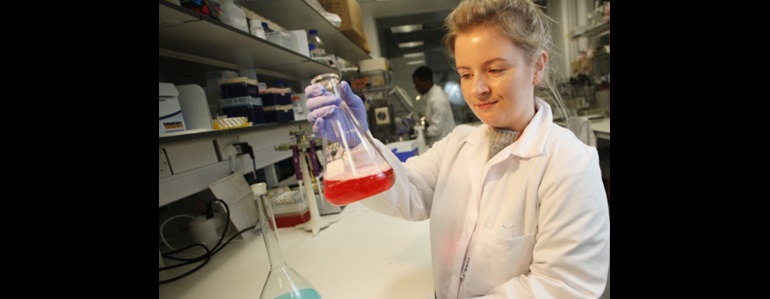
Belfast scientist receives funding for research into how the body can regrow blood vessels
We have awarded a grant of £284,711 to Dr Karla O’Neill for a three-year project to improve our understanding of how stresses associated with heart and circulatory conditions, such as high blood sugar in diabetes, can prevent angiogenesis and how this effect can be reversed.
The findings will help to inform the development of treatments that will aim to undo the damaging effects of heart and circulatory conditions on angiogenesis and boost the body’s ability to grow new blood vessels.
Being able to grow new blood vessels is essential for our health – it helps our bodies to recover from injury and ensures our tissues receive enough oxygen. Cells called endothelial colony-forming cells (ECFCs), which circulate in the blood, have a critical role in triggering angiogenesis.
However, heart and circulatory conditions can affect this process. The stresses associated with them, such as high blood sugar and low oxygen, stop ECFCs being able to initiate angiogenesis. This limits the supply of oxygen to cells and can damage the heart and other tissues in the body.
In this project, Dr O’Neill will study how the function of ECFCs is altered in heart and circulatory conditions, focusing on how genes involved in angiogenesis are switched off in the cells in response to stress.
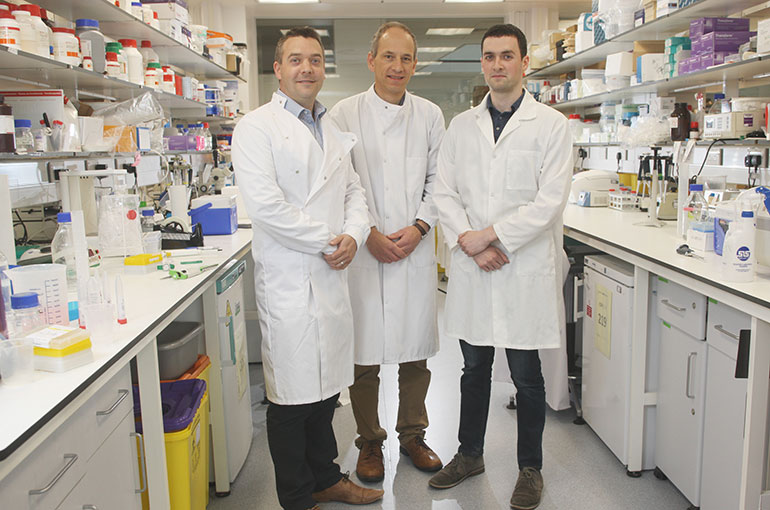
Investigating atrial fibrillation
Dr David Simpson and his PhD student Oisín Cappa at Queen’s University are investigating how heart cells change in people living with atrial fibrillation (AF). AF is a common abnormal heart rhythm that happens when electrical impulses fire off from different places in the top chambers of the heart in a disorganised way. This causes the chambers to twitch, and is felt as an irregular heartbeat or pulse. AF affects more than 39,000 people in Northern Ireland and is a major cause of stroke. The researchers are using a new technique called ‘single-cell RNA-Sequencing’ to study thousands of individual cells from the hearts of people with AF and those without the condition. This will reveal in greater detail than ever before how heart cells work and how they are altered in patients with AF. Their hope is that this knowledge will guide development of ways to treat or even prevent the condition in the future.
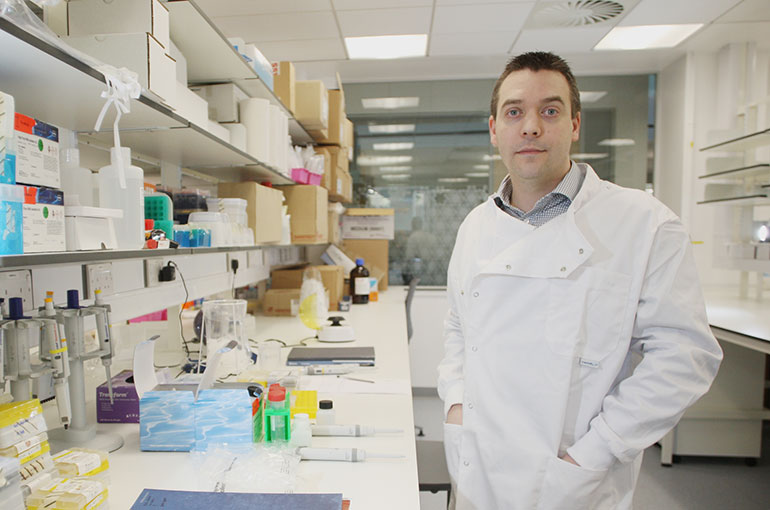
Heart attack treatment research
In March 2018 we awarded more than £150,000 to Dr Chris Watson and his team at Queen’s University to further the cutting-edge research that will offer hope to people recovering from a heart attack. Dr Watson’s research focuses on repairing the heart by investigating how a person’s genetic code is regulated by a process called epigenetics. His team are investigating how this can change because of the reduced oxygen going to the heart during a heart attack. The researchers will also determine if using a cancer drug at low levels can target these changes in cells of post-heart attack patients. The project could help the thousands of people who have a heart attack in Northern Ireland return to a normal and full life.
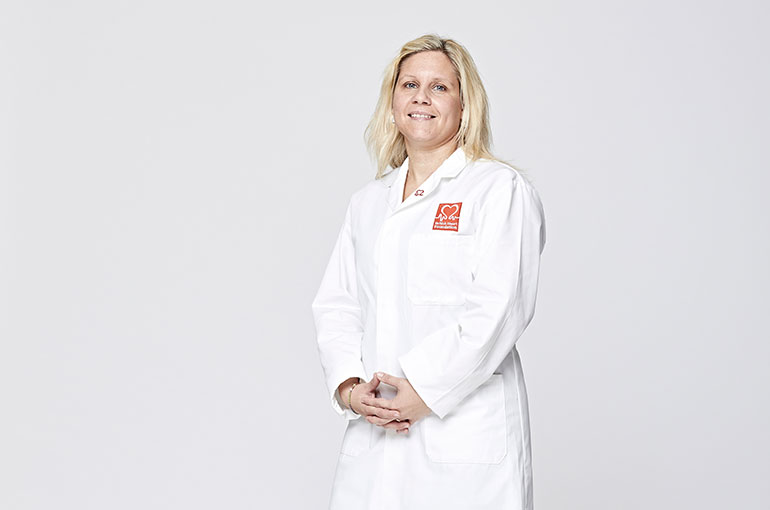
Combating diabetes
We awarded Dr Andriana Margariti and her team at Queen’s University a grant of £264,000 to combat diabetes, a major risk factor for cardiovascular diseases. The project is using cells from blood donated by people with diabetes to find out if they can repair cell damage caused by diabetes and potentially reverse the effect of the disease. Dr Margariti and her team are studying how a harmful form of a molecule known as Quaking may promote damage to blood vessels for people with diabetes. They believe that the harmful form of this molecule is higher in the cells of people with diabetes, and through this project hope to uncover how the increase occurs, and whether reversing it can prevent damaging processes in our blood vessels. The results could help scientists treat the cardiovascular complications of diabetes or screen patients much earlier.
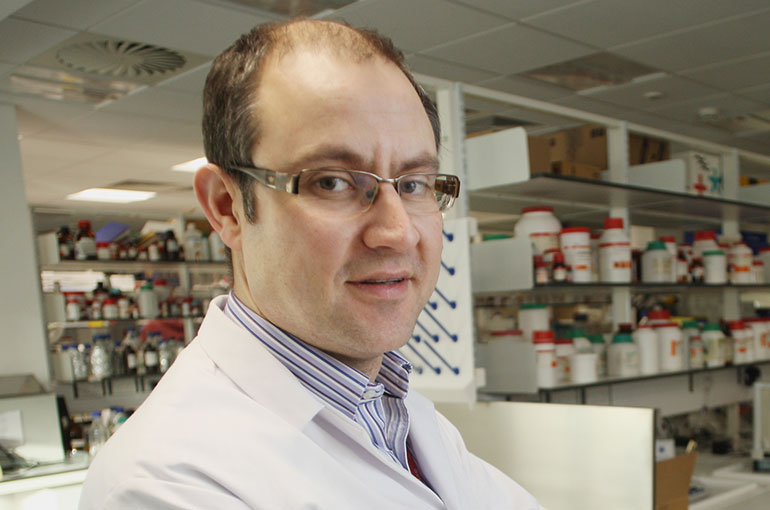
Heart failure
Prof David Grieve at Queen’s University is investigating how the heart responds to stresses which ultimately lead to heart failure. This information is helping them to identify potential new treatments and possibly a cure. They are specifically interested in studying the role of certain hormones and chemicals in preventing gradual damage to the heart and blood vessels which drives the progression of heart failure.

